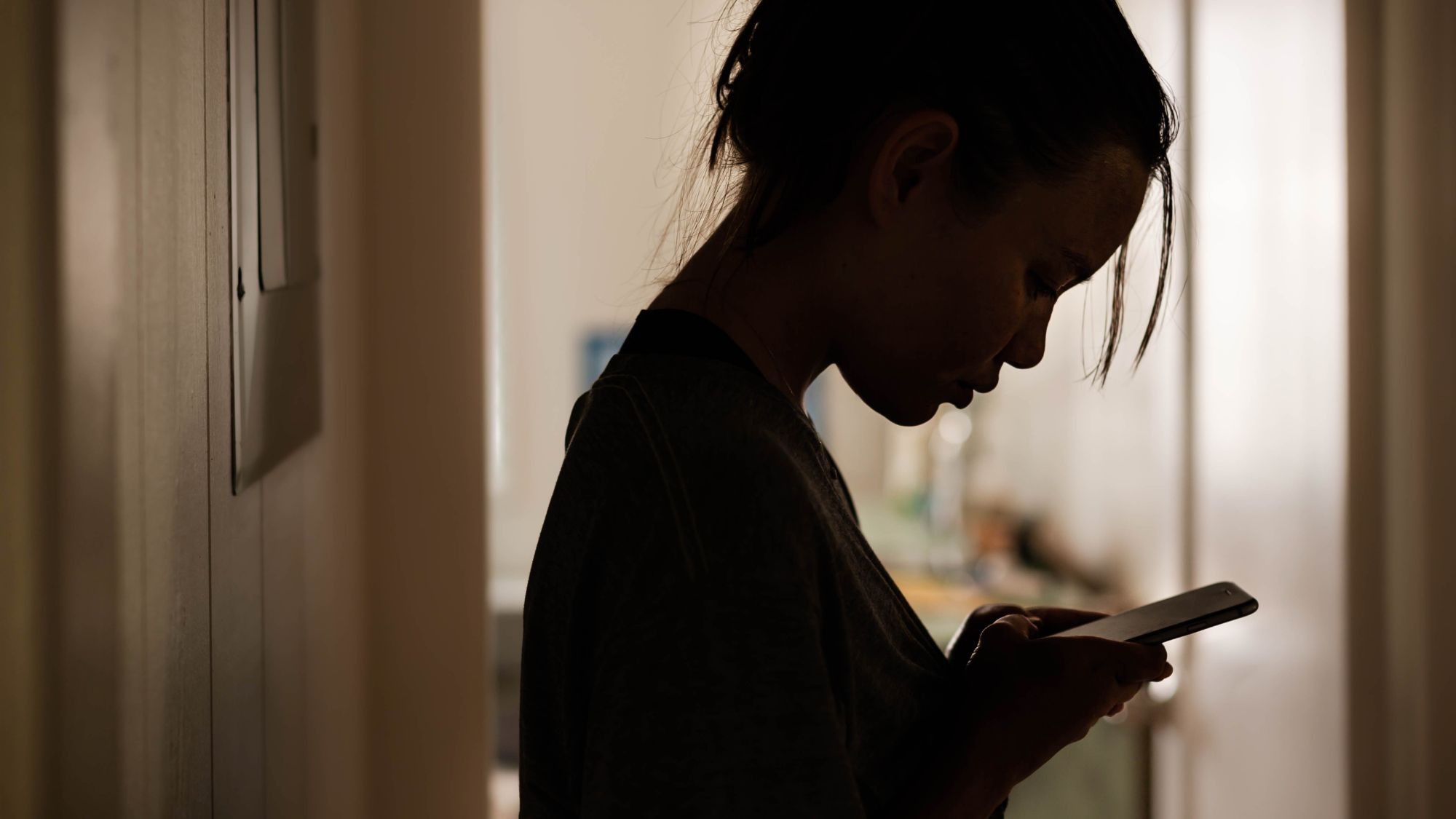The first person has been jailed in the UK for cyber flashing
Here’s what to do if it happens to you


Celebrity news, beauty, fashion advice, and fascinating features, delivered straight to your inbox!
You are now subscribed
Your newsletter sign-up was successful
Nicholas Hawkes is the first person in the UK to be jailed under a new cyber flashing law as part of The Online Safety Act
Hawkes has been convicted of sending an indecent image via WhatsApp to two victims, one being a 15-year-old girl (reports show 80% of children aged 12-15 have had potentially harmful experiences online). He has been jailed for 15 months for the crime.
Research into sexual harassment from YouGov shows that four in 10 millennial women have been sent a photo of a penis without consent. That data is over six years old, and that number is likely now far higher. A more recent study from 2022 suggests that almost half of women aged 18-24 have received an unsolicited explicit photo. Our own research shows that women are 27 times more likely to face online abuse than men, and young girls are most at risk.
Experiencing cyber flashing (often referred to as a ‘dick pic’) can be a distressing and disorienting experience - I know this from my own experience. However, as Julian Hayes, senior partner at Berris Law, explains: “This ‘test case’ has shown how effective the legislation is in catching perpetrators of such abusive behaviour.” The conviction is the result of years of campaigning for cyber flashing to be taken seriously. Now that the crucial first step has been taken, here’s what to do if it happens to you, according to Scott Primmer, senior solicitor at Reeds Solicitors LLP
Firstly, what is cyber-flashing?
“We are all too aware of the disturbing phenomenon of (mostly) men flashing women and girls in public places, and now the law has finally caught up to the digital age to include cyber-flashing as an offence. In layman’s terms, cyber flashing is flashing digitally.
It typically involves a person sending an unsolicited sexual image to others via social media or dating apps. Images can also be sent via data-sharing services such as Bluetooth and Airdrop. In many cases, a preview of the photo can appear on a person’s device – meaning that even if the transfer is rejected, the person being sent the image has no choice but to view it.”
What should you do if it happens to you?
“Take screenshots and report to the police as soon as possible.” Hannah von Dadelszen, the Deputy Chief Crown Prosecutor for the CPS in the East of England, adds: “I’d strongly encourage anyone who has been a victim of this shocking crime to come forward and report it, knowing you will be given lifelong anonymity.”
Celebrity news, beauty, fashion advice, and fascinating features, delivered straight to your inbox!
What are the consequences for those convicted?
“Cyber-flashing can be heard in the Magistrates’ Court or Crown Court. If you are convicted in the former, you can be sentenced to up to six months imprisonment (or up to a total of 12 months if you are convicted of multiple offences). You can also receive a fine. The Crown Court can hand down a sentence of up to two years’ imprisonment.”

Mischa Anouk Smith is the News and Features Editor of Marie Claire UK.
From personal essays to purpose-driven stories, reported studies, and interviews with celebrities like Rosie Huntington-Whiteley and designers including Dries Van Noten, Mischa has been featured in publications such as Refinery29, Stylist and Dazed. Her work explores what it means to be a woman today and sits at the intersection of culture and style. In the spirit of eclecticism, she has also written about NFTs, mental health and the rise of AI bands.